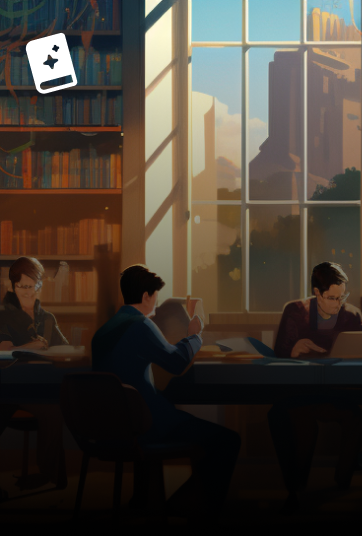
Hidden Steel

Hidden Steel
Hidden Steel
This originally appeared at The Irresponsible Reader.
—
It sounds like the first volume of this series has John Steel working closely with a group of detectives from the NYPD, but the sequel has them (ultimately) pursuing the same criminal group from very independent directions—Steel is in Britain and then on a trans-Atlantic cruise ship following leads he uncovered while investigating his family's death.
Meanwhile, Det. McCall and those she works within Homicide are investigating a serious of suspicious deaths (deaths that would be easily written off as random crimes or accidents). Eventually, the detectives conclude that they are murders, the question then shifts to why these people were killed as much as who did the killing.
Ultimately, as one would guess from the outset, the work that Steel and McCall are doing lead to the same culprits and there is plenty of interaction to satisfy fans between Steel and the team in New York over the course of the novel.
I want to stress that this is one of the most complex and ambitious plots that I've read in months. The more you read of this the wider-spread the scope of the action is. I can't imagine how much planning this took to get all of the parts and pieces to line up just right with each other to produce this—I'm close to using the word audacious to describe the scope of the novel. Once it all starts to come together and the reader can understand all the ways that the criminals were moving to get their schemes rolling, the mind will reel.
Most of this book reads like the novelization of a TV episode/Movie. More often than not, the visuals evoked by the book belong to a visual medium. The way people move, stand dramatically, climb out of this or that, and so on is very screen-inspired. Once I realized this is what's going on, everything made so much more sense.
I don't like being this guy, but the number of proofreading problems in this book were very distracting. I don't remember any words that were spelled incorrectly, but there were repeated instances of similar words being used instead of the correct ones, e.g. “guy's” instead of “guys,” “he's” instead of “his,” “draw” rather than “drawer,” and so on. There were scenes/passages that begin the same way they began, a sentence that is a direct contradiction of something mere paragraphs before; commas that serve no function; commas that are missing; unnecessary question marks; and so on. This kind of thing happened so frequently that it drew attention away from the action and I couldn't focus.
At the end of the day, whatever good I'd want to highlight from the novel was offset by a problem, concern or drawback to either the logic, grammar or word choice. There's a lot to commend, but the issues suck all my enthusiasm for it away. This is the kind of thing that will truly entertain an audience if it finds one, and I hope for Fields's sake, it does.
My thanks to damppebbles blog tours for the invitation to participate in this tour and the materials (including a copy of the novel) they provided.